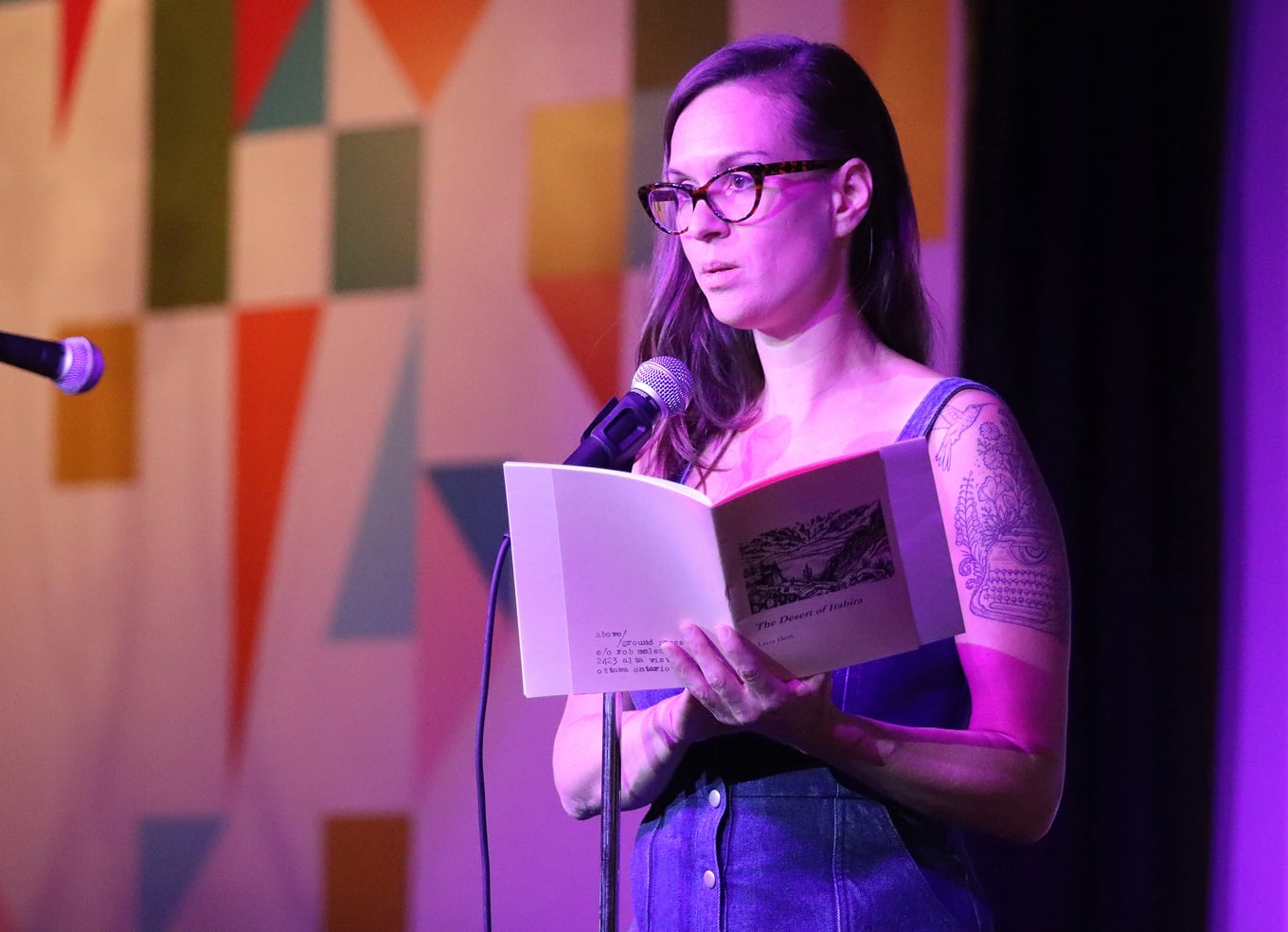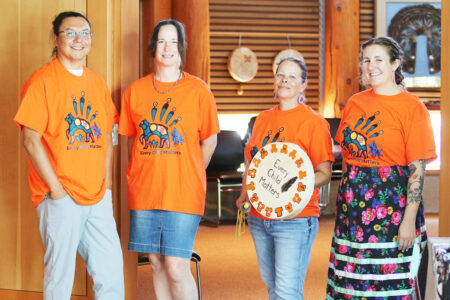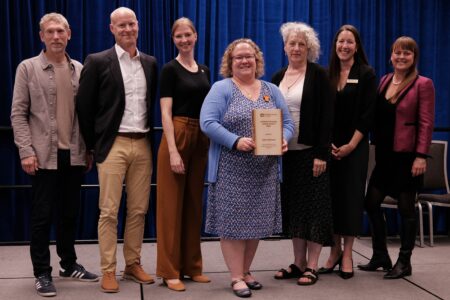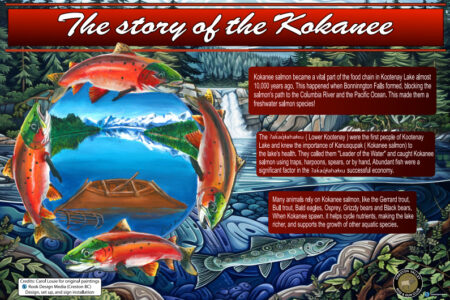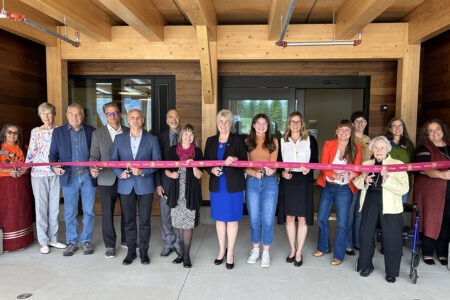Travel this Fall at Selkirk College Without Leaving The Couch
While travel is a tricky endeavor at this time, Selkirk College is offering exciting second-year English courses that will transport you through space and time from the comfort of your own home.
Open to full-time students, part-time students and community learners, Selkirk College’s second-year courses take you to heaven and hell (with the help of Milton), into slam poetry halls, and introduce you to Indigenous perspectives where you will be invited to take undertake “a shift of heart.”
This fall and winter, the instructors at Selkirk College want you to travel with them via remote learning.
“Our instructors have been hard at work developing courses that you can enjoy from the comfort of your home,” says Duff Sutherland, chair of the School of University Arts & Sciences. “You can enjoy recorded lectures, online tutorials and chats, all while wearing your pajamas if you so choose.”
In this Fall Semester’s English 204: Children’s Literature I: From Rags to Riches and Worlds of Magic, veteran instructor Linda Harwood explores how children’s and young adult literature can profoundly shape our worldviews.
“One of the things I love most about teaching children’s literature is seeing how each class bonds over telling each other folktales and urban legends, thereby experiencing the powerful connection between narratives and culture,” says Harwood.
In English 203: Contemporary Canadian Voices, Instructor Renée Harper teaches a range of genres including short fiction, graphic novels and slam poetry.
“I think there’s this misconception about Canadian literature that it’s boring or trapped in the past,” says Harper. “What I love about this course is that it challenges us to think about what it means to be Canadian and encourages us to see the places we live in new ways.”
Harper will also be teaching a brand-new course in the Winter Semester starting in January 2021 called English 209: Introduction to Comics and Graphic Novels. In this course, Harper teaches students the history of comics and explores groundbreaking work by today’s comic artists and graphic novelists.
Elizabeth Ferguson, who teaches English 202 – Canadian Literature I: Indigenous Voices, invites her students into deep discussions as they explore truth through Indigenous voice.
“I hope to inspire students by sharing the deep wisdom of our Indigenous storytellers,” she says. “Indigenous literatures are explored from the perspectives of constant flux, spirit, interrelationships, space/place, trickster lessons and renewal ceremonies within the timeframe of resilience, residential, resistance and reconciliation. Indigenous voices reflect such topics as traditional ways of being, genocide, colonization, values and cultural resurgence. Students in this course are offered the opportunity to embrace, ‘a shift of heart.’”
In English 200 and English 201 – A Survey of English Literature I & II, Rebecca Jacobson and Josh Massey take you back in time.
Offered in the Fall Semester, Massey explores the roots of modern language and consciousness in the Renaissance and beyond in English 200, paying extra attention to how the concepts of paradise, utopiaand the Black Death function in literary texts.
“I enjoy teaching this course because it’s a chance to examine the evolution of the English language while studying plays, poems, fiction and essays that deal in fundamental questions of love, death, power, destiny and free will,” says Massey. “Our conversations take us back in time, but also to issues that resonate today.”
Jacobson, who teaches English 201, sees her course as an opportunity to delve into the very nature of what it means to be human.
“I think people wonder: what’s the point of studying literature?” says Jacobson. “I like to point out that when we study great literature, we’re spending time with great thinkers and we’re learning about religion, history, philosophy, sociology, politics, psychology and more… nothing less than the meaning of life!”
Leesa Dean, who teaches Creative Writing 200 & 201, offers students a space whereboth emerging and more established writers can hone the craft of writing and share their work with peers.
“I want people to know that even if you don’t want to become a published writer, there is still a place for you in this course,” says Dean. “Studying creative writing will help you understand literature, and the world, more deeply. Studying writing and sharing with others in this deep way has many benefits, ranging from developing valuable analytical and collaborative skills to gaining self-confidence.”
Space is still available in all English courses for both the Fall Semester (September) and Winter Semester (January) and you can find out more information at selkirk.ca. To register for these and other exciting courses, email Enrolment OfficerAmy Byers at [email protected].


